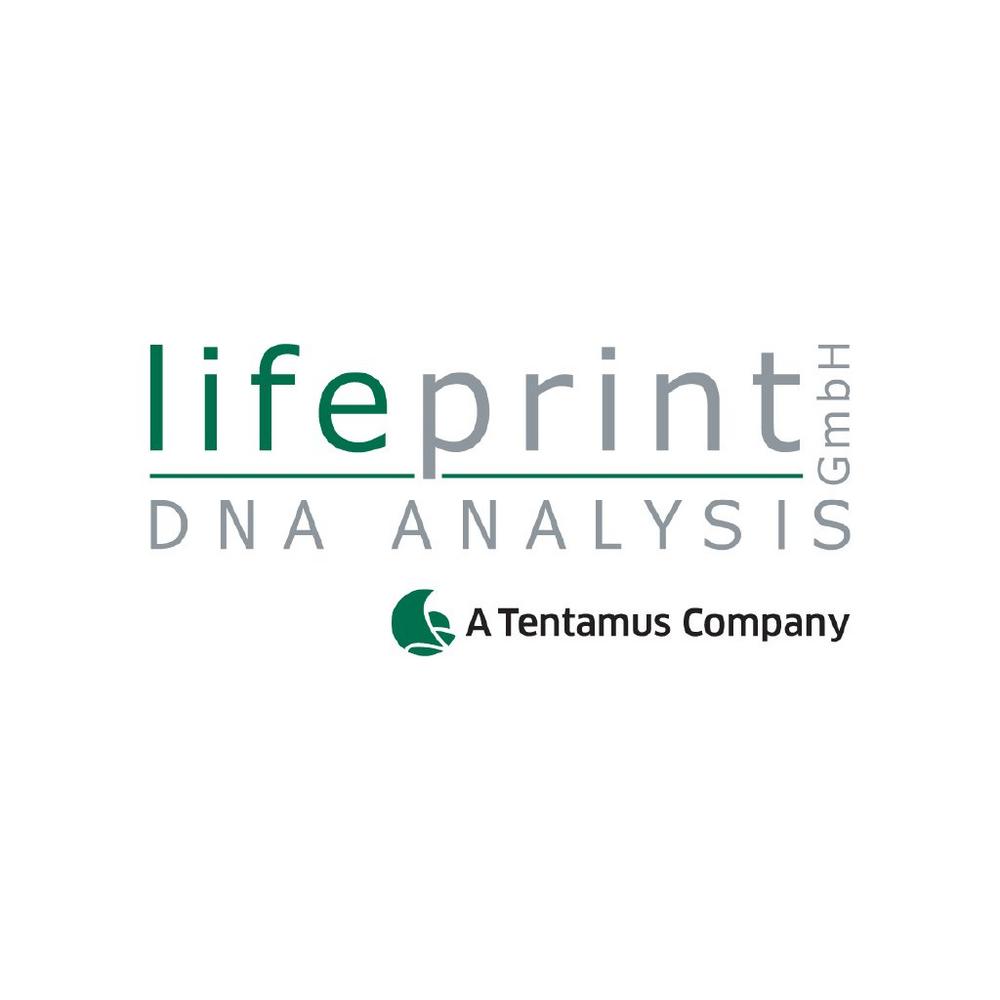Now, a completely new method in food and feed analysis offers far more possibilities for the analysis of products and raw materials: Next Generation Sequencing (NGS).
While PCR is limited to the targeted search for one or more previously defined species and sequencing is essentially restricted to monoproducts, Next Generation Sequencing also provides information in mixed products about the species whose DNA is contained in the sample. Two methods are available at lifeprint GmbH: one method for the identification of vertebrate species and another method for the identification of land plant species.
How does the NGS work? With this analysis, millions of sequences can be determined simultaneously from different samples. NGS generates huge amounts of data on sequences for each sample, which are then evaluated using bioinformatic methods. For example, it is not only possible to determine whether Origanum was stretched with olive leaves, but also whether one or more other unexpected further species are present in Origanum.
Also with animal products wrongly declared products are found again and again, with which expensive species are partly or completely substituted by cheaper ones1.
For both plant and animal products, Next Generation Sequencing is a very good way of detecting cases of adulteration. The method is primarily qualitative, but the number of different sequences obtained can be included for evaluation.
The two Next Generation Sequencing methods validated by lifeprint GmbH in 2018 have been available as accredited methods since July 2019.
Collaborating with the Tentamus Center for Food Fraud (TCF2), lifeprint GmbH can also offer its customers access to a wide range of state-of-the-art analytical methods for the detection of food fraud.
Tentamus Group GmbH was founded in 2011. Tentamus is a global product and safety group with a core presence in Europe, UK, Israel, China, Japan, India and the USA. Accredited and licensed Tentamus Group tests, audits and consults on all products involving the human body (food & feed, pharmaceuticals & medical, agrochemicals, cosmetics, agriculture & environment and nutraceutical & supplements). Tentamus Group is represented in over 60 locations worldwide. More than 2,500 highly-trained staff members work in over 2.5 million square feet of laboratory and office spaces. For further information please visit www.tentamus.com.
www.tentamus.com
Tentamus Group GmbH
An der Industriebahn 26
13088 Berlin
Telefon: +49 (30) 206038-230
Telefax: +49 (30) 206038-190
http://www.tentamus.com
Standortleitung Lifeprint GmbH
Telefon: +49 (7303) 95105-18
E-Mail: Katrin.neumann@lifeprint.de
![]()
